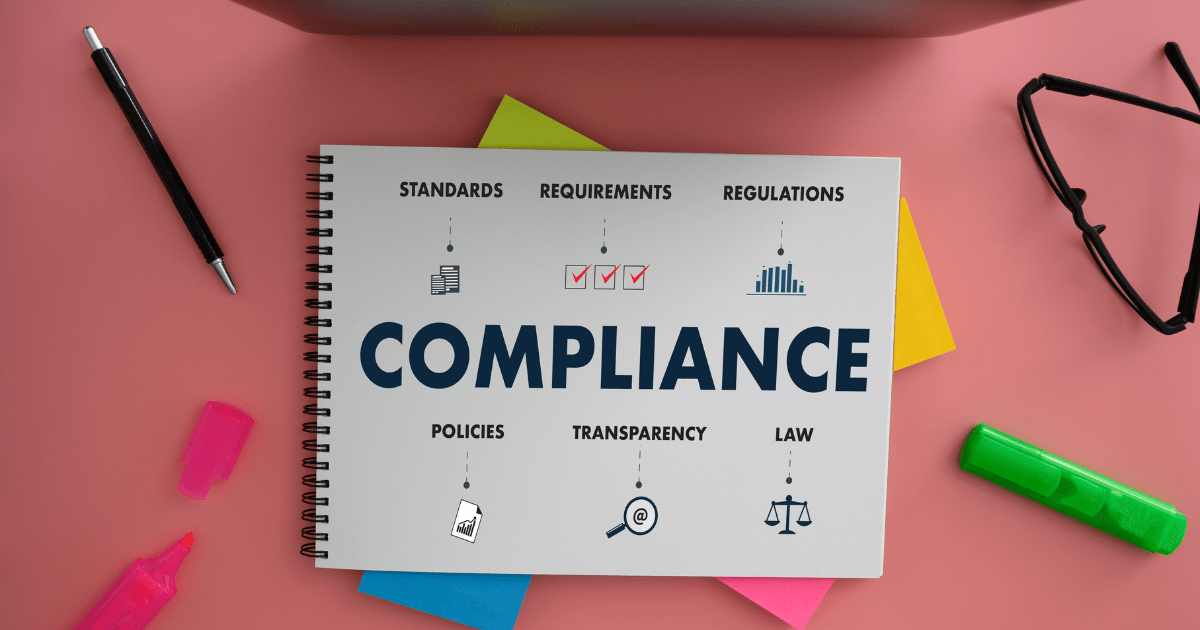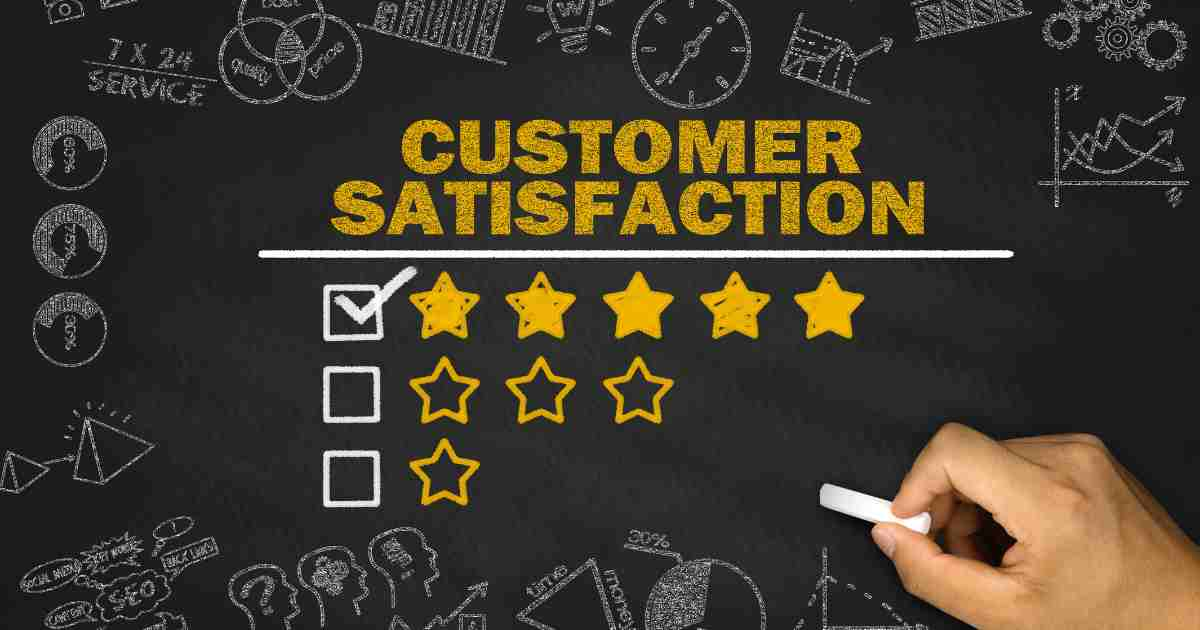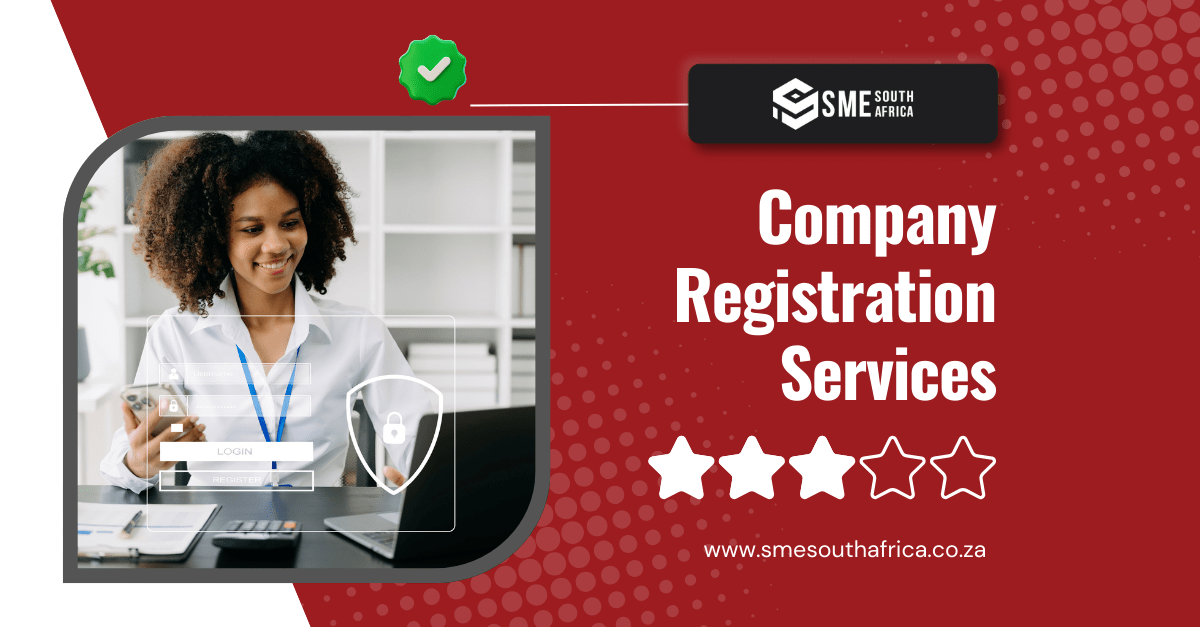
Business compliance is an important aspect of any business. Whether your enterprise is micro, small, or medium, the responsibility of adhering to the regulations should be taken very seriously – especially because being compliant means being on the right side of the law to continue conducting business. Yet, many business owners are scratching their heads, asking where to start. That’s why we are taking a closer look at a few frequently asked questions (FAQs) about business compliance.
Running a small or medium enterprise (SME) is exciting, ensuring that your business complies with all relevant rules and regulations must be a priority. Since South African SMEs make up 91% of formalized businesses, provide employment to about 60% of the labour force and total economic output accounts for roughly 34% of GDP, it affects a multitude of people if their employer or main income source isn’t compliant.
In this article, we will answer some of the business compliance FAQs in South Africa. This includes why it’s important, and how to navigate various areas of compliance.
FAQ 1: What Do SMEs Need to Know about Business Compliance?
Business compliance is the process of adhering to the laws and regulations that are applicable to businesses. Business compliance is important because it allows businesses to operate in a legal, ethical, and responsible manner. There are numerous laws and regulations in South Africa that small and medium-sized enterprises need to comply with in order to avoid issues and ensure the success of their business.
FAQ 2: What Types of Business Compliance Are There?
There are different types of compliance that SMEs need to know about. They are:
Tax Compliance
This means an SME needs to pay the right amount of taxes on time. In South Africa, businesses need to pay taxes like income tax, value-added tax (VAT), and employee taxes.
Labor Laws
These laws cover things like how much employees should be paid, how many hours they can work, and their rights at work. SMEs need to treat their employees fairly and follow these laws to ensure a safe, reasonable and fair work environment.
Industry-Specific Regulations
Depending on the type of business, there may be specific rules that apply. This could include getting licenses or permits to operate legally. You should make yourself aware of the regulations pertaining to your specific industry.
Environmental Regulations
These rules are about protecting the environment. SMEs need to observe rules about important factors such as waste management and pollution control (emissions, wastewater, and so forth) to minimize their impact on the environment.
Licensing and Permits
Some businesses need special licenses or permits to operate. SMEs need to find out what licenses they need and prioritize obtaining these.
Intellectual Property Rights
This is about protecting things like logos, inventions, and creative work. SMEs need to make sure they own the rights to their ideas and inventions.
FAQ 3: How Can I Keep Track of What I Need to be Compliant?
Here is a simple checklist to follow for staying compliant:
- Keep good records of their finances and taxes.
- Treat their employees fairly and follow labor laws.
- Learn about the rules that apply to their industry and make sure to follow them.
- Follow environmental rules to protect the environment.
- Get any licenses or permits they need to operate legally.
- Protect their ideas and inventions by registering them.
FAQ 4: Where Can SMEs Get Help with Business Compliance?
There are resources available to help SMEs with compliance:
- Government agencies can provide information and support.
- Industry associations may offer guidance specific to certain sectors.
- Legal advisors can give advice on legal matters.
- Mentors within your industry can help direct you in what steps to follow.
FAQ 5: What Taxes Do SMEs Need to Pay in South Africa?
SMEs need to pay taxes like income tax, VAT, and payroll taxes.
FAQ 6: What Are Labour Laws and Why Are They Important?
Labour laws cover things like wages, working hours, and employee rights. They’re important for ensuring fair treatment of employees. But it also protects the employer by clearly stating what is expected of them by law.
FAQ 7: Do I Need a License to Start a Business in South Africa?
Most businesses need licenses or permits to operate legally. It’s important to find out what you need for your business. This might not apply to the informal sector, but obtaining a license might still be worth it.
FAQ 8: How Can I Protect My Business’s Ideas and Inventions?
Inventions or ideas are considered intellectual property. You can protect your intellectual property by registering trademarks, patents, and copyrights.
Making sure your business follows the rules is important in South Africa. It helps your business operate legally. By knowing and obeying the laws that apply to your business, you can avoid problems and keep your business going strong for a long time. Remember to keep good records, treat your employees fairly, follow the rules for your industry, take care of the environment, get the licenses you need, and protect your ideas.






